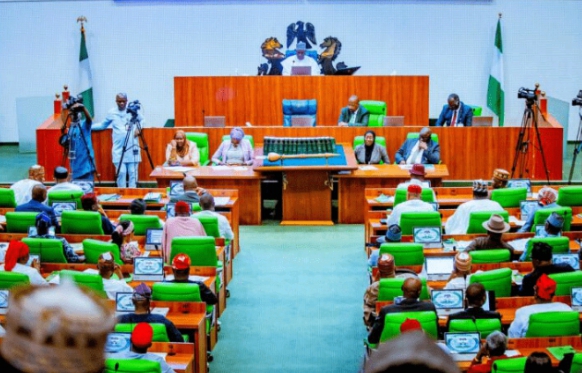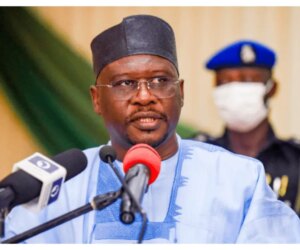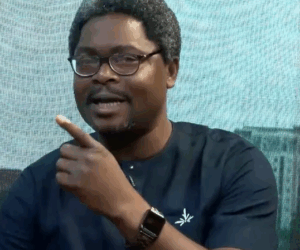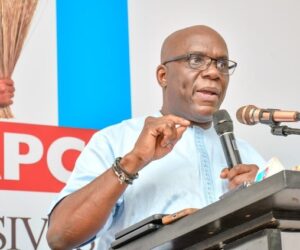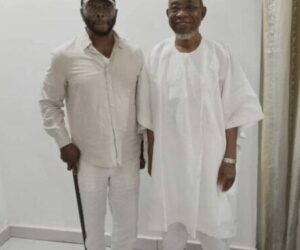2
The House of Representatives on Wednesday advanced a bill for second reading aimed at amending the Money Laundering (Prevention and Prohibition) Act, 2022, a move that underscores Nigeria’s renewed determination to strengthen its anti-corruption laws and improve asset recovery processes.
Sponsored by Hon. Yusuf Gagdi, who represents Kanke/Pankshin/Kanam Federal Constituency of Plateau State, the bill seeks to modernize the 2022 Act in response to the increasingly sophisticated schemes used by criminals to launder illicit funds and disguise their origins through complex financial and property transactions.
The 2022 law, which replaced the Money Laundering (Prohibition) Act of 2011, established a more robust legal and institutional framework for tackling financial crimes. It introduced stricter reporting requirements, enhanced due-diligence obligations for financial institutions, and formalized the establishment of the Special Control Unit Against Money Laundering (SCUML) under the Economic and Financial Crimes Commission (EFCC). However, with criminal tactics becoming more advanced, lawmakers say the law needs to evolve further.
Leading the debate on the general principles of the bill, Hon. Gagdi described money laundering and illicit financial flows as “one of the greatest governance challenges confronting modern societies.” He observed that despite the significant reforms in 2022, substantial amounts of illicit funds still find their way into Nigeria’s financial system through intricate processes of concealment and layering.
A key provision of the proposed amendment, according to Gagdi, is the introduction of a civil asset-recovery mechanism, which would allow government agencies to recover unexplained wealth without relying exclusively on criminal prosecution. “The existing Act emphasizes criminal conviction before forfeiture, placing a heavy evidential burden on law enforcement agencies,” he explained. “This often delays justice and enables individuals with questionable wealth to retain illicit assets under legal technicalities.”
He further noted that the new provisions would complement criminal forfeiture laws by shifting the burden of proof to individuals whose assets appear disproportionate to their legitimate earnings. “The civil-forfeiture framework has worked effectively in countries such as the United Kingdom, Kenya, and South Africa. It serves as both a deterrent and a tool for transparent asset recovery,” Gagdi added.
The bill also proposes clearer procedures for civil recovery orders, authorizes anti-graft agencies like the EFCC to obtain ex parte restraining orders from high courts on suspicious assets, and guarantees fair judicial oversight. “Once enacted, this reform will promote accountability, curb corruption, and ensure that public officers and citizens alike live within the bounds of their lawful income,” Gagdi stated. “It also reaffirms Nigeria’s alignment with international standards in combating illicit financial flows.”
After an extensive debate, the motion for second reading was adopted through a voice vote presided over by Speaker Tajudeen Abbas. The bill was subsequently referred to the appropriate committee for further legislative work, including a public hearing to receive inputs from relevant stakeholders before it proceeds to the third reading stage.

